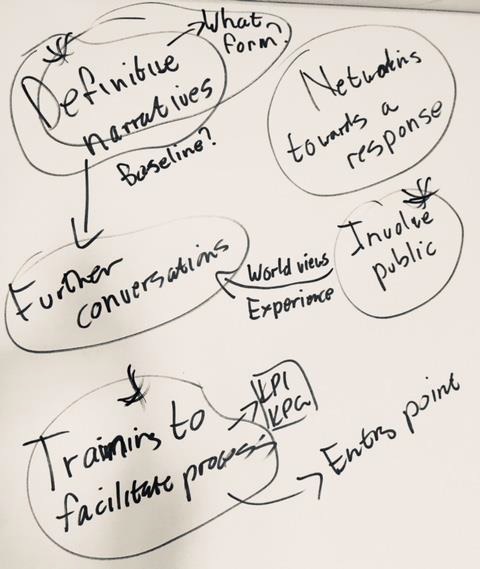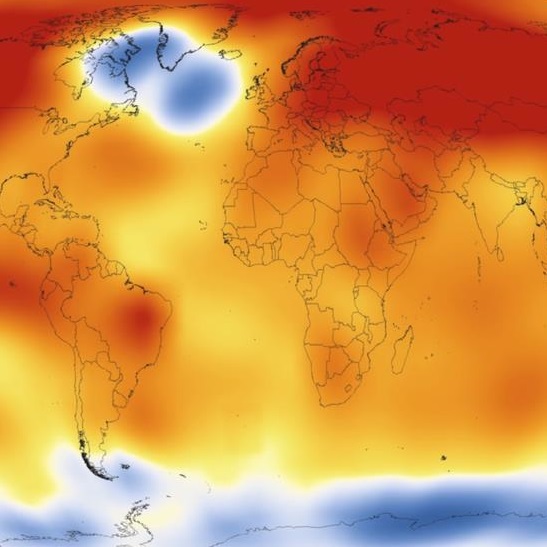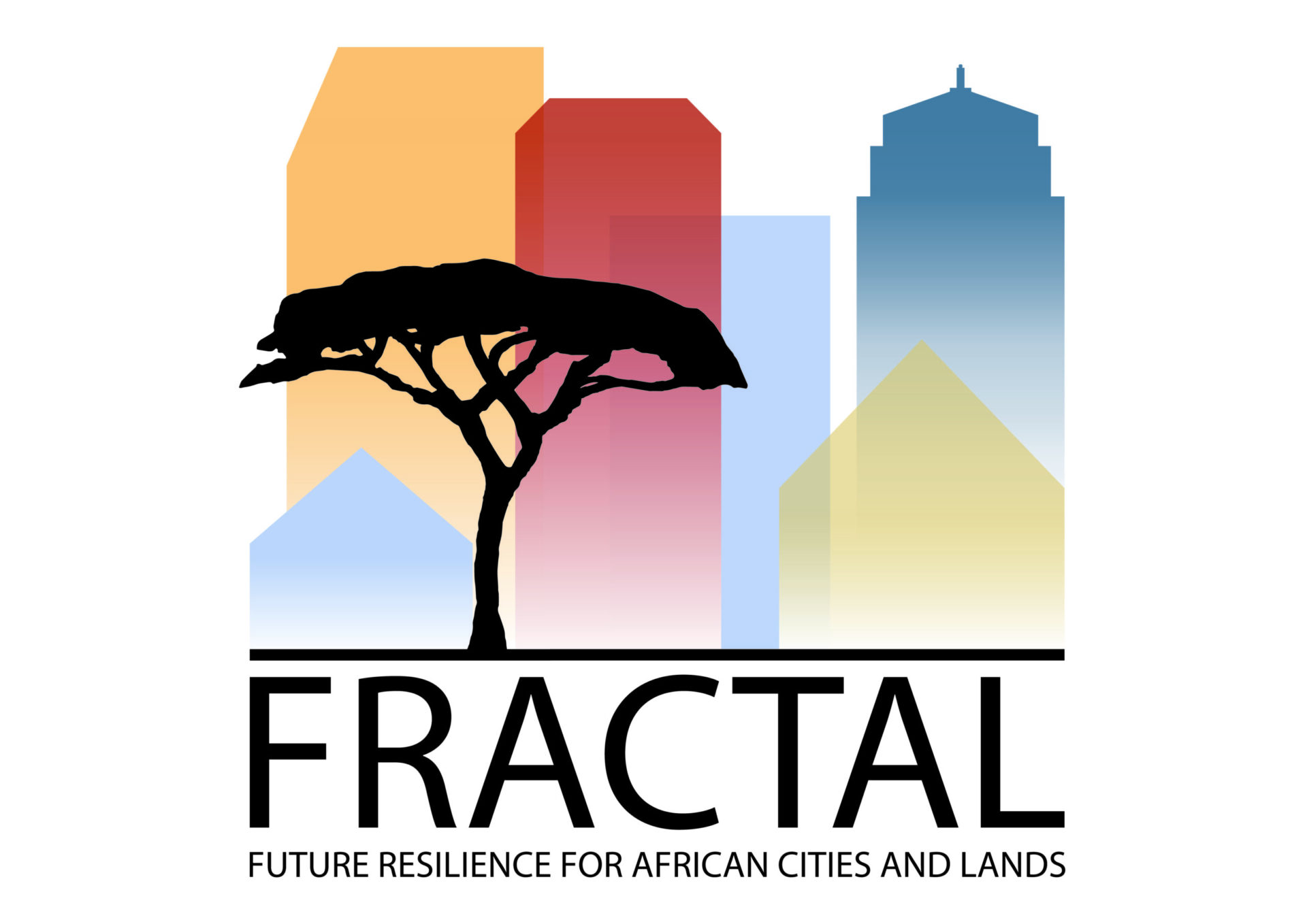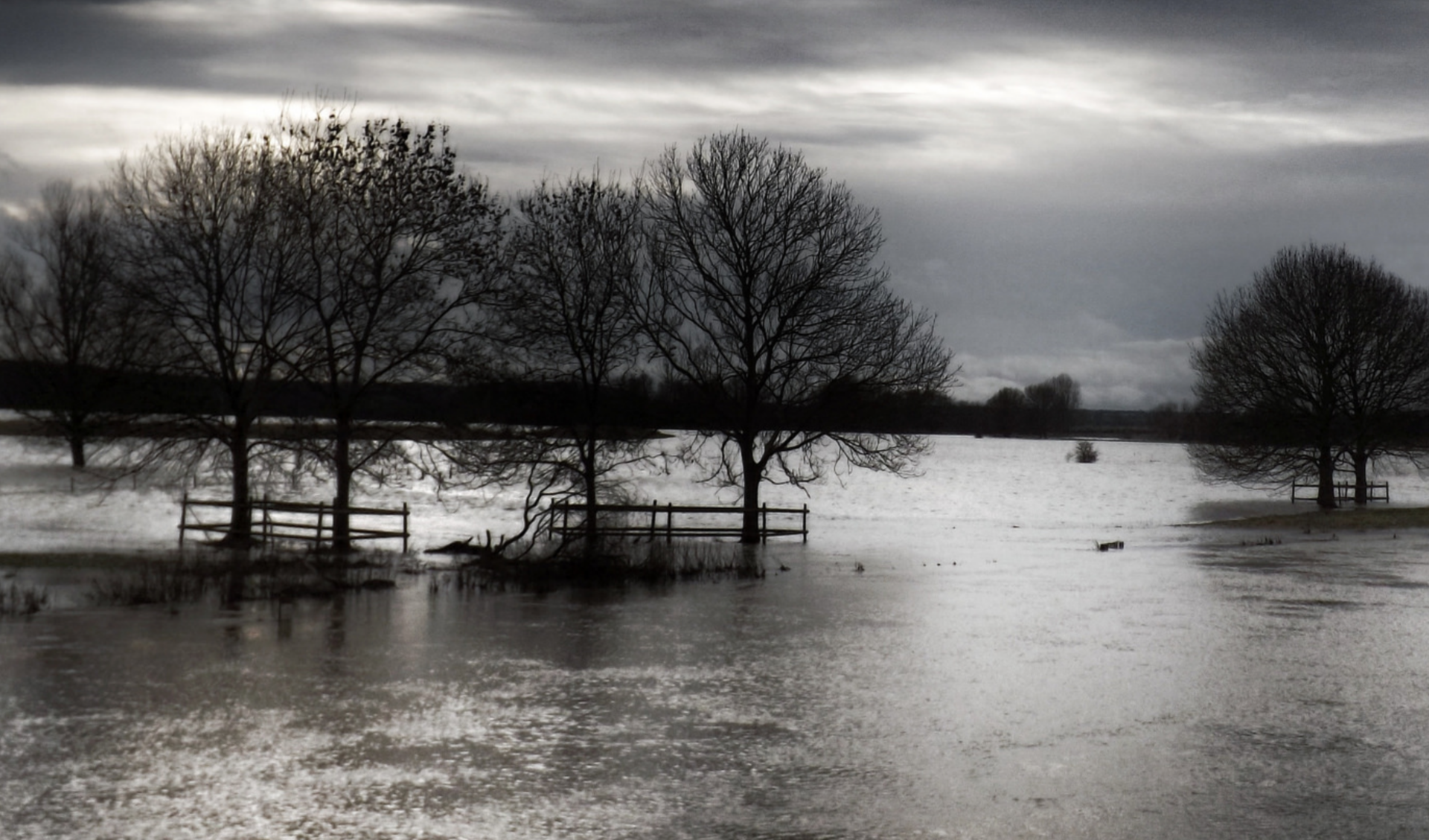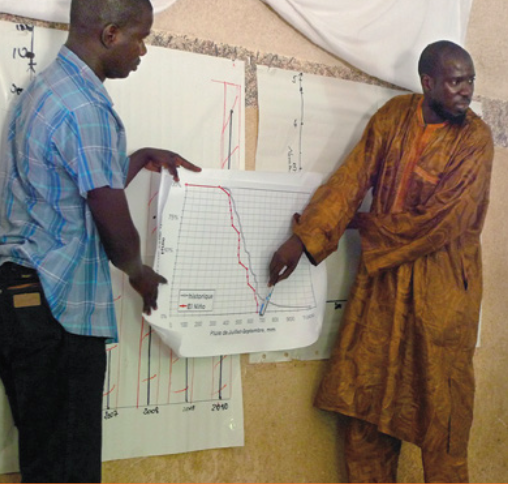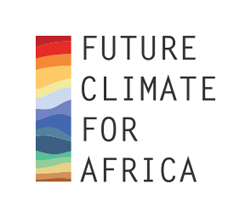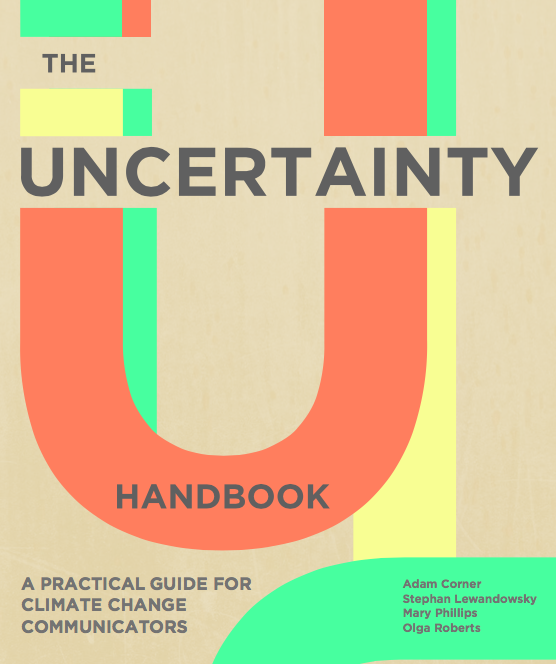uncertainty
Climate narratives: What have we tried? what have we learned? What does this mean for us going forward?
This briefing note provides reflections on the climate risk narrative process: What have we tried? What have we learned? What does this mean for us going forward?
City government-research partnerships: Reflections from Cape Town and Johannesburg
This briefing note provides reflections on city government-research partnerships, from Cape Town and Johannesburg.
Learning within & about climate science: What has transdisciplinary engagement through FRACTAL taught us?
This briefing note provides key discussion points on the role of learning in integrating climate science into decision making.
Climate Information Distillation: what is it and why do we need a framework?
This briefing note presents a distillation framework: an attempt to re-think how we go about constructing information to inform decisions.
Are European decision-makers preparing for high-end climate change?
Are European decision-makers preparing for high-end climate change? This paper, delivered by the IMPRESSIONS project, investigates.
How to understand and interpret global climate model results
Guide targeted at decision-makers to enable them to interpret the various plots, graphs and maps that are used to present global climate model projections.
Steering local government in Australia towards better informed long-term coastal adaptation decisions
This article presents key findings from two recent studies that guide local governments towards flexible and robust coastal adaptation planning that addresses both social and physical impacts.
UMFULA: Uncertainty reduction in models for understanding development applications
The UMFULA project (meaning ‘river’ in Zulu) aims to support decision-making through providing new and more reliable information about climate processes and extremes in Central and Southern Africa.
The Uncertainty Handbook: A Practical Guide for Climate Change Communicators
The Uncertainty Handbook provides guidance on 12 practical and easy-to apply principles for smarter communication about climate change uncertainties.
Promoting the use of climate information to achieve long-term development objectives in sub-Saharan Africa: Results from the Future Climate For Africa scoping phase
This report provides initial research into the use of long-term (5-40 year) climate information in Malawi, Rwanda, Zambia and the coastal cities of Accra, Ghana and Maputo, Mozambique.
